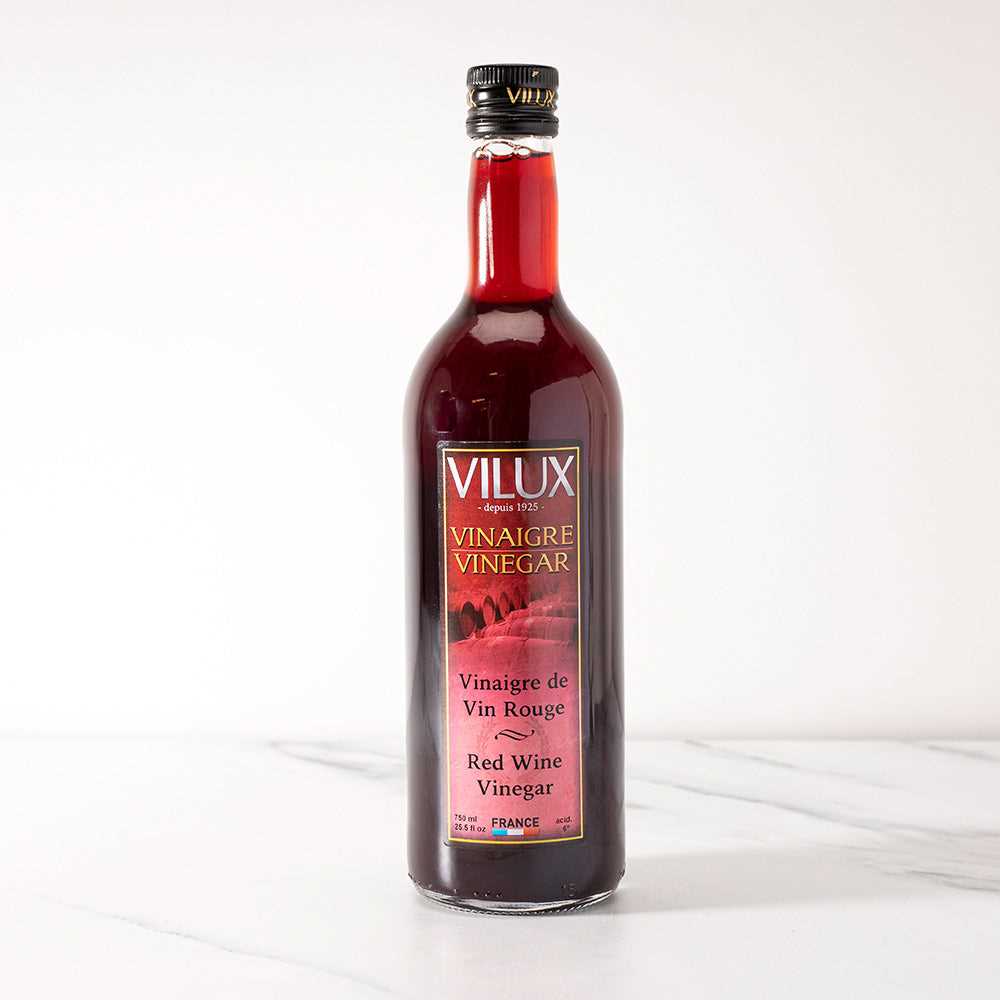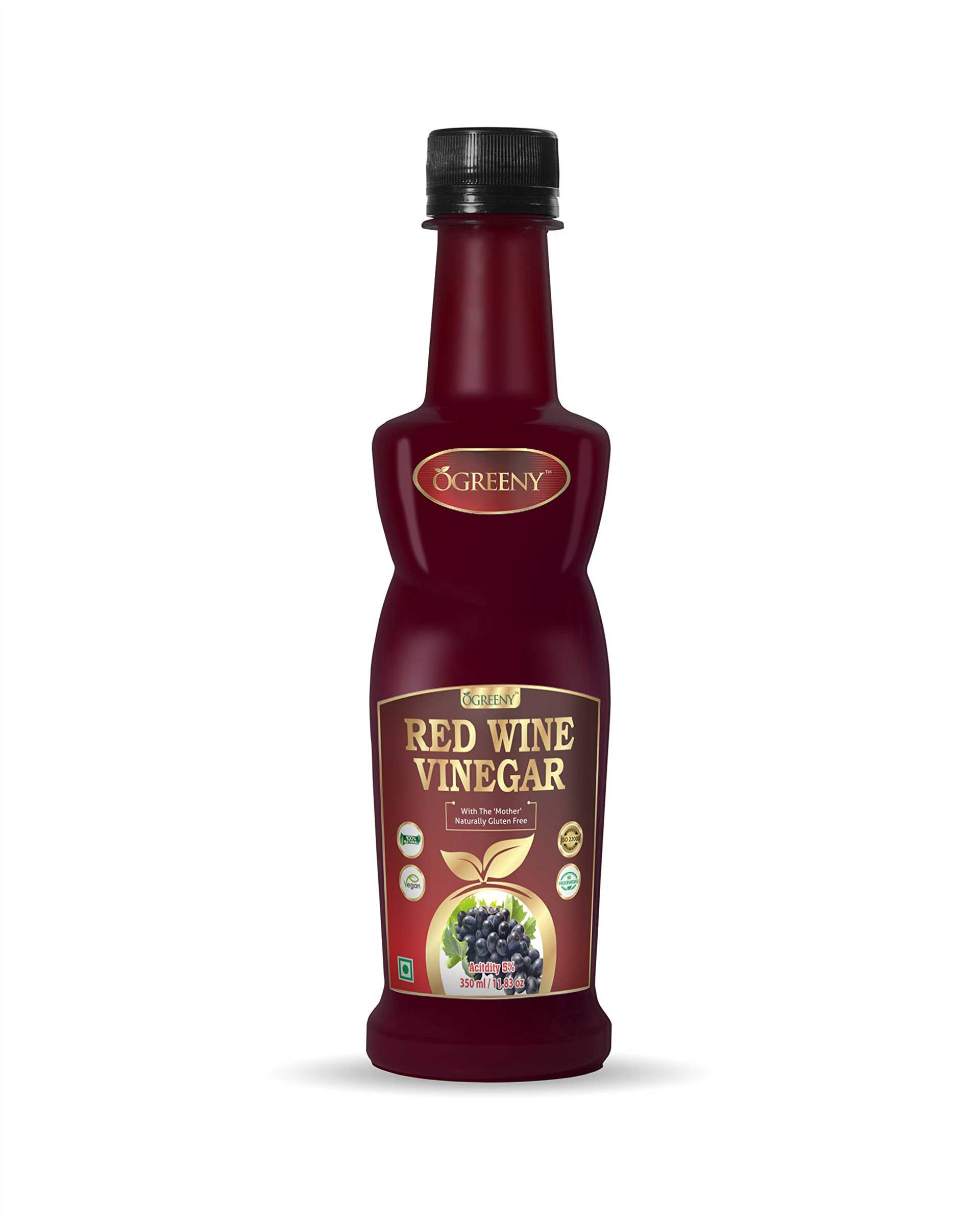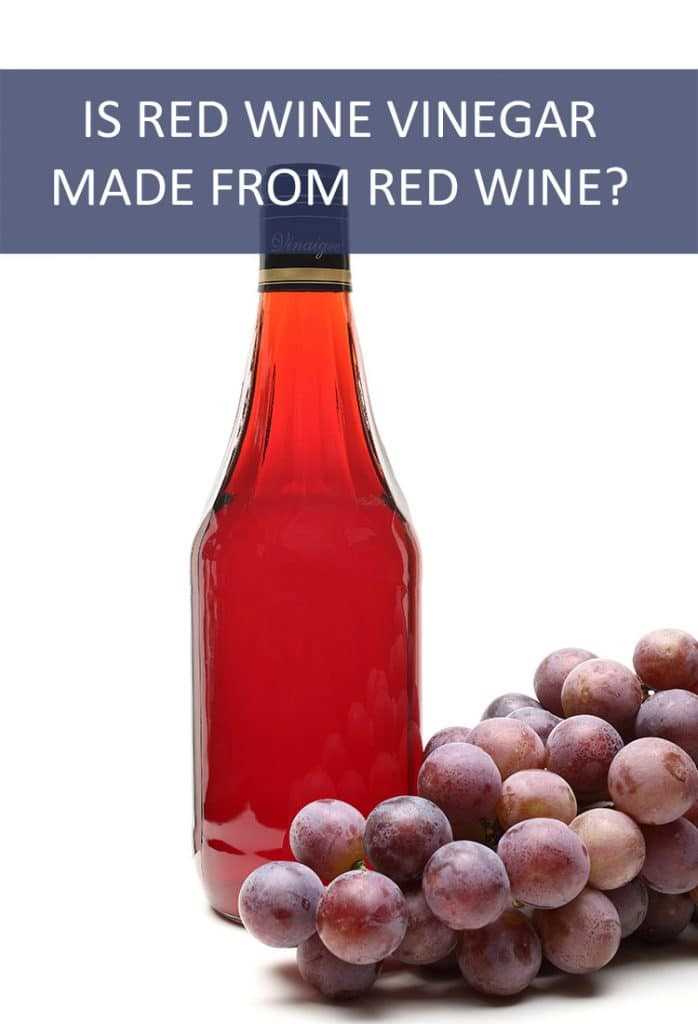

For individuals seeking alternatives to traditional alcoholic beverages, utilizing fermented grape-based condiments can be a suitable option. The acetic acid produced during fermentation transforms the original liquid into a tangy and flavorful ingredient, devoid of significant alcohol content. This makes it a preferred choice for those aiming to enhance their culinary experiences without the effects associated with drinking.
Incorporating this type of condiment into your diet may provide various health benefits, such as aiding digestion and potentially stabilizing blood sugar levels. However, it is crucial to evaluate personal tolerance levels, as reactions can vary depending on individual circumstances. Always consult with a healthcare professional or nutritionist for tailored advice.
Experimenting with this ingredient in salad dressings, marinades, or sauces can elevate flavor profiles in a variety of dishes. The versatility of this product allows for creative culinary expressions while maintaining a focus on health-conscious choices. Ultimately, it’s about finding balance and discovering what works best for your lifestyle.
Red Wine Vinegar and Recovery
Individuals recovering from substance use issues may consider incorporating vinegar derived from fermented grapes into their diet. This condiment contains minimal residual alcohol, typically around 0.5% or less, which is significantly lower than what is found in most alcoholic beverages.
Before including this ingredient in meals, it is advisable to consult with a healthcare professional. Here are some factors to consider:
- Check for sensitivities: Some individuals may react to even trace amounts of alcohol.
- Assess personal triggers: Evaluate if the aroma or flavor of vinegar might evoke cravings for fermented drinks.
- Focus on moderation: Use sparingly to avoid any potential adverse effects.
- Explore alternatives: Consider apple cider vinegar or other non-alcoholic vinegars as substitutes.
Incorporating vinegar can enhance flavors in dishes, providing a tangy profile without the adverse effects associated with higher alcohol content. Understanding personal limits and preferences is key while exploring culinary options.
Understanding the Alcohol Content in Red Wine Vinegar

Typically, fermentation leads to the production of acetic acid in vinegar, significantly reducing its ethanol levels. For the specific variant derived from fermented grape juice, the alcohol content is generally less than 0.5%. This minimal quantity is often negligible in culinary applications.
Alcohol Content Analysis

When examining the alcohol levels, it’s critical to note that the process of converting wine into vinegar involves prolonged fermentation. This transformation effectively converts most of the alcohol into acidity. Therefore, using this ingredient in cooking or as a dressing is generally safe for those avoiding alcohol.
Usage Recommendations
Incorporating this vinegar into recipes can enhance flavor without imparting significant alcoholic effects. It’s advisable to check product labels, as some variations might contain slightly higher traces, but these instances are rare. Always consult with a healthcare professional if there are concerns about specific dietary restrictions.
Potential Health Benefits of Red Wine Vinegar for Recovering Individuals
Incorporating this fermented liquid into your diet can offer several advantages, particularly for those working towards sobriety. Its low acidity and complex flavor profile make it an appealing addition to various dishes and dressings.
Rich in Antioxidants
This product contains antioxidants, which are beneficial for fighting oxidative stress in the body. Antioxidants help protect cells from damage and may support overall health. Regular consumption can contribute to a balanced diet, enhancing nutritional intake without the risks associated with alcoholic beverages.
Potential Blood Sugar Regulation
Some studies suggest that this liquid may assist in regulating blood sugar levels. This can be especially beneficial for individuals who are mindful of their carbohydrate intake and are looking to maintain stable energy levels throughout the day. Including this ingredient in meals can promote a sense of fullness and may help in managing cravings.
Additionally, the acetic acid present in this product has been linked to improved digestion. A healthier gut can lead to better nutrient absorption and overall wellness, which is critical during recovery.
Using this fermented liquid as a substitute for higher-calorie dressings or sauces can aid in maintaining a healthy lifestyle. Its versatility allows for creative culinary applications, making it easier to enjoy meals without compromising health goals.
In conclusion, integrating this ingredient into your diet can provide numerous health benefits, supporting both physical and mental well-being during the recovery process.
Differences Between Red Wine and Red Wine Vinegar
The primary distinction between fermented grape beverage and its acidic counterpart lies in the alcohol content and flavor profile. While the former typically contains around 12-15% alcohol by volume, the latter usually has less than 0.5%. This drastic reduction in alcohol is achieved through the fermentation process, where sugars are converted into acetic acid. As a result, the sharpness of the vinegar is a notable contrast to the fruity and rich characteristics of the beverage.
Nutritional Aspects
Nutritionally, the acidic liquid offers benefits such as lower calories and carbohydrates compared to its fermented counterpart. It contains beneficial compounds like acetic acid, which may aid in digestion and blood sugar regulation. In contrast, the fermented drink is rich in antioxidants, particularly polyphenols, which can contribute to heart health when consumed in moderation.
Culinary Uses

In the kitchen, the two serve different purposes. The beverage is often enjoyed on its own or paired with meals, enhancing flavors and complementing dishes. The acidic variant, however, is commonly used as a dressing, marinade, or flavor enhancer, providing a tangy zest that brightens up various recipes. Understanding these differences can help in making informed choices about their use in food and health contexts.
Guidelines for Incorporating Red Wine Vinegar into a Sober Diet
Start with small amounts when introducing this fermented product into meals. A teaspoon added to salads or marinades can enhance flavor without overwhelming the palate. Monitor any reactions to ensure it fits well within dietary preferences.
Choose organic or unfiltered options to maximize health benefits. These varieties often contain beneficial compounds and probiotics, supporting digestive health. Look for those with minimal additives.
Consider using this ingredient to replace higher-calorie dressings and sauces. Its tangy profile can complement a variety of dishes, allowing for healthier eating without compromising taste.
Incorporate it into cooking by deglazing pans after sautéing vegetables or proteins. This technique adds depth to sauces while keeping meals exciting and flavorful.
Experiment with pairings. This product works well with various ingredients, from fresh herbs to citrus, creating dynamic flavor profiles. Use it in place of traditional acids like lemon juice for a unique twist.
Be cautious with portion sizes. While the alcohol content is negligible, moderation is key to maintaining a balanced approach to dietary choices. A tablespoon or two in a recipe is typically sufficient.
| Serving Suggestions | Pairing Ideas |
|---|---|
| Salad dressings | Olive oil, garlic, herbs |
| Marinades for meats | Honey, mustard, spices |
| Cooking sauces | Vegetables, grains |
| Pickling vegetables | Shallots, cucumbers, carrots |
Regularly assess how this ingredient fits into your routine. Staying mindful of its impact on overall health and wellness will ensure a positive culinary experience.
Consulting Healthcare Professionals About Red Wine Vinegar
Before introducing any new ingredient into a diet, especially for those recovering from substance use issues, seeking guidance from healthcare experts is essential. They can provide personalized advice based on individual health conditions and recovery goals. Discussing the potential inclusion of fermented grape extract in your meals can help clarify its appropriateness in your specific circumstances.
Healthcare providers can evaluate the potential impact of this ingredient, considering its minimal alcohol content due to the fermentation process. They may also address any concerns regarding the transition from alcoholic beverages to culinary applications of fermented grape extracts.
Experts may recommend starting with small amounts, monitoring personal reactions, and discussing changes in dietary habits. This approach ensures that any adjustments align with recovery objectives and overall well-being.
In addition, nutritional specialists can highlight the benefits of including fermented grape extract in a balanced diet, such as its potential effects on digestion and metabolism. They may also provide insights into how to best incorporate it into meals without triggering cravings for alcoholic beverages.
Ultimately, the collaboration with healthcare professionals ensures a safe and informed approach to dietary changes, reinforcing the commitment to health and sobriety. For those interested in documenting their culinary journey, using the best compact digital camera with highest zoom can be an exciting way to capture and share delicious dishes made with this ingredient.
Personal Experiences: Testimonials from Recovering Individuals
In my experience, incorporating fermented grape products into my meals has been beneficial. I discovered that using a small quantity of this tangy condiment enhances flavor without triggering cravings. I remember the first time I added it to a salad dressing; it transformed a simple dish into something delightful without any adverse effects.
One friend shared that after years of sobriety, they found joy in cooking with this vinegar. The robust taste reminded them of flavors they once enjoyed, but without the intoxicating effects. They noted that it allowed them to reconnect with culinary experiences that felt lost. This simple ingredient helped bridge the gap between past pleasures and a sober lifestyle.
Another acquaintance mentioned that they consulted their healthcare provider before trying this acidic liquid. The reassurance they received was crucial. They felt empowered to explore new flavors while maintaining their commitment to sobriety. This careful approach resulted in a positive experience, and they now regularly include it in their daily meals.
In discussions with others, a common theme emerged: moderation is key. Many recovering individuals emphasized the importance of being mindful about how they incorporate this ingredient. A little goes a long way, and the depth it adds to dishes can be incredibly satisfying without overwhelming their senses.
Through these shared experiences, it’s clear that this ingredient can play a role in enhancing meals for those who have chosen a sober path. The key takeaway is to approach it with caution and awareness, ensuring that it complements rather than complicates one’s journey towards health and fulfillment.







